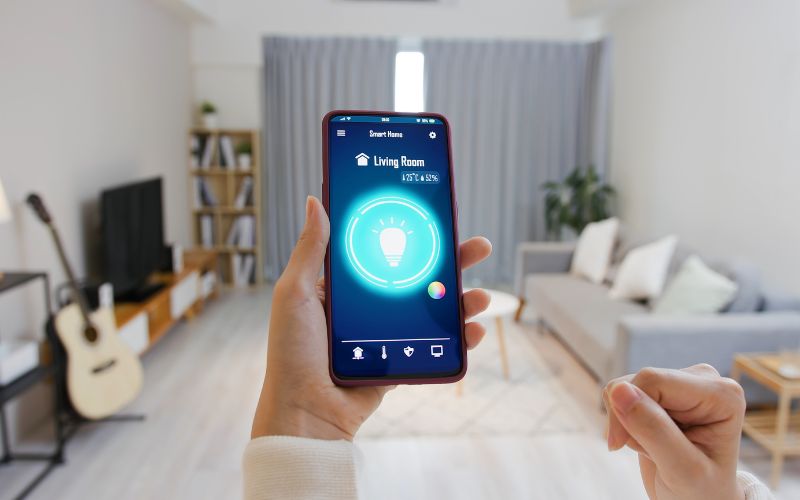Smart home automation refers to the use of technology to control and automate household tasks and functions. This can include everything from lighting and temperature control to security systems and appliances.
{getToc} $title={Table of Contents}
The goal of smart home automation is to make daily life more convenient and efficient by allowing homeowners to control and monitor their homes remotely, often through the use of a smartphone or other device.
Benefits of smart home automation
One of the main benefits of smart home automation is increased energy efficiency. By automating certain tasks, such as turning off lights when a room is not in use or adjusting the thermostat based on occupancy, homeowners can save money on their energy bills. In addition, smart home automation can enhance security by allowing homeowners to monitor their homes remotely and receive alerts if there is any unusual activity.
Another advantage of smart home automation is the ability to control and customize various aspects of the home environment. For example, homeowners can set their smart thermostat to automatically adjust the temperature based on their schedule or preferences, or use smart lighting to create the perfect ambiance for different occasions.
Different types of smart home automation systems
There are many different types of smart home automation systems available on the market, ranging from simple plug-and-play devices to more comprehensive whole-home systems. Some popular examples include smart thermostats, smart lighting systems, smart security systems, and smart appliances such as refrigerators and washing machines.
Setting up a smart home automation system
To set up a smart home automation system, homeowners will typically need to install smart devices or connect their existing devices to a hub or bridge. This hub acts as the central hub for the system and allows the different devices to communicate with each other and be controlled through a single app or interface.
One thing to consider when setting up a smart home automation system is compatibility. It is important to make sure that the different devices being used are compatible with the hub or bridge and with each other. In addition, homeowners should consider their future needs and whether the system they choose is expandable or upgradeable.
Conclusion
In conclusion, smart home automation can offer a range of benefits to homeowners, including increased energy efficiency, enhanced security, and the ability to customize and control various aspects of the home environment. With a wide range of smart home devices and systems available on the market, homeowners have many options to choose from when setting up their own smart home.

